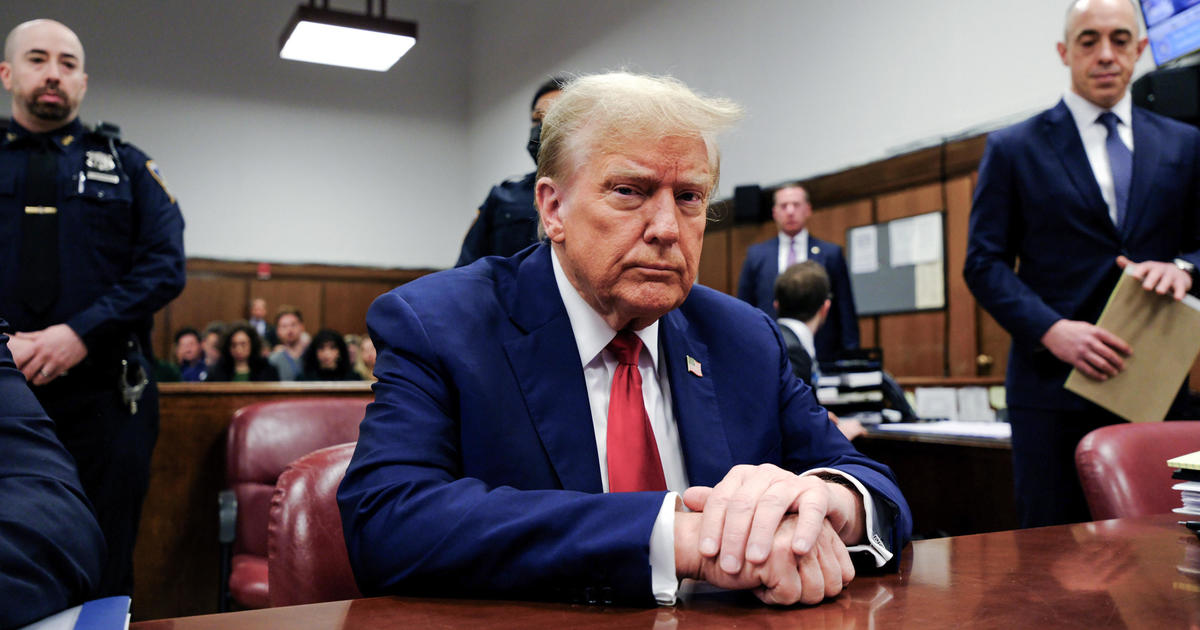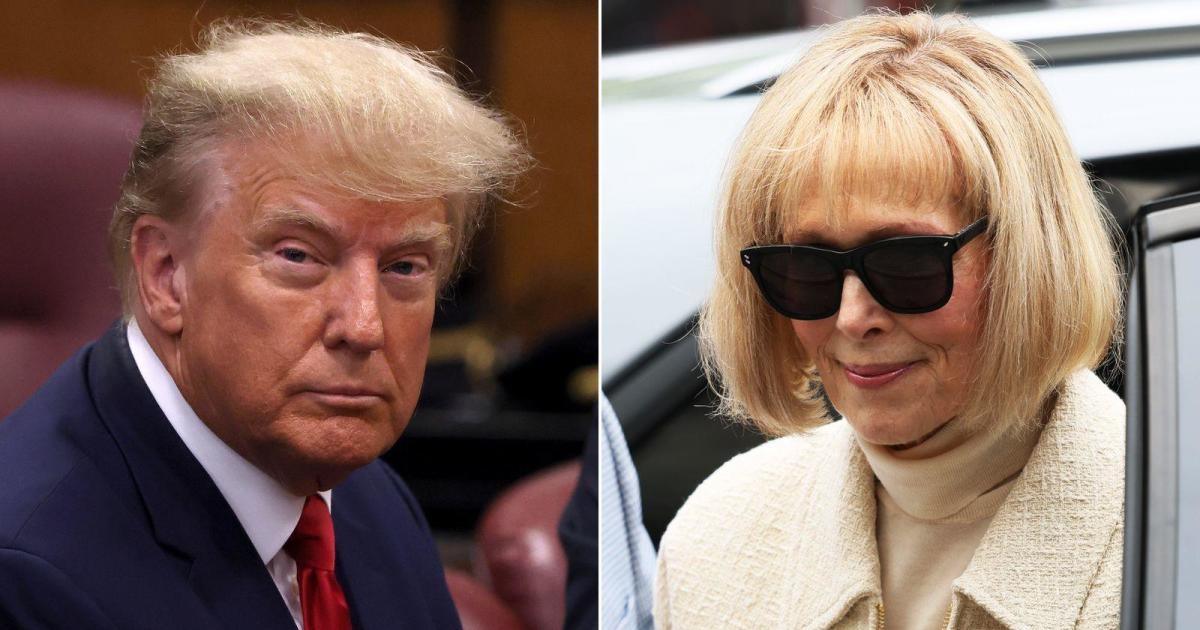Trump insists strike on Iranian military leader was meant to "stop a war"
Addressing the public for the first time since ordering the strike on Iranian military leader Qasem Soleimani, President Trump declared from his Mar-a-Lago resort in Florida that the United States' intention was to quash a war, not to begin one.
Taking to the podium after reporters were rushed back from the Palm Beach International Airport, Mr. Trump declared the death of Soleimani a victory for freedom.
"We took action last night to stop a war. We did not take action to start a war," the president said, while critics of his decision fear the strike will prompt retaliation.
Reporters had expected to first hear from the president at his 5 p.m. campaign event with evangelical Christians in Miami, but journalists traveling in the president's motorcade were sent back to Mar-a-Lago for the last-minute address.
"We take comfort in knowing that his reign of terror is over," the president said. "Soleimani has been perpetrating acts of terror to destabilize the Middle East for the last 20 years. What the United States did yesterday should have been done long ago."
The president said the U.S. does not want regime change, but added that Iran's proxy fighters must stand down. The U.S., Mr. Trump warned, is "ready and prepared to take whatever action is necessary" regarding Iran.
Mr. Trump exited the stage without taking questions from reporters.
Concerning the attack on Soleimani, there was full agreement among the cabinet officials that action had to be taken, and all agreed on carrying out the strike, a senior administration official told CBS News. There were attacks being planned in Syria, Lebanon and Iraq against U.S. military and facilities that would have resulted in the death of "hundreds," CBS News' Margaret Brennan learned.
The Trump administration saw the December attack on the Iraqi military base as one in an escalating series of back-to-back events. The killing of the U.S. citizen was seen as a tipping point, but no further details have been revealed about whether there was something particular about the U.S. contractor who died or whether his citizenship alone triggered the belief that action needed to be taken.
This official confirmed that Secretary of State Mike Pompeo wrote a letter to the Iranian regime that was delivered Thursday via the Swiss, but the official would not describe what was in the letter. Iranian Foreign Affairs Minister Mohammad Javad Zarif described it as "rude."
A senior administration official told reporters on a conference call Friday that although there's always a risk in taking such a significant action, there was "greater risk in not taking the action, and the president was just not prepared to risk the lives" of Americans, given the "imminent nature" of the attacks Soleimani was planning on Americans in Iraq and other locations. National Security Advisor Robert O'Brien said the U.S. would be disappointed if Iraq decided to expel U.S. forces in the country.
Despite the strike, Pompeo has insisted the U.S. is committed to deescalation in the region.
Leading Democratic members of Congress have voiced concerns that they were not notified and expressed doubts that the president possessed the authority to conduct the strike without congressional approval. Lawmakers and experts have also voiced concern that the escalation will prompt retaliation and unforeseen consequences from Iran.
The "Gang of Eight" leaders in Congress expect to be briefed next week.
Margaret Brennan contributed to this report.



